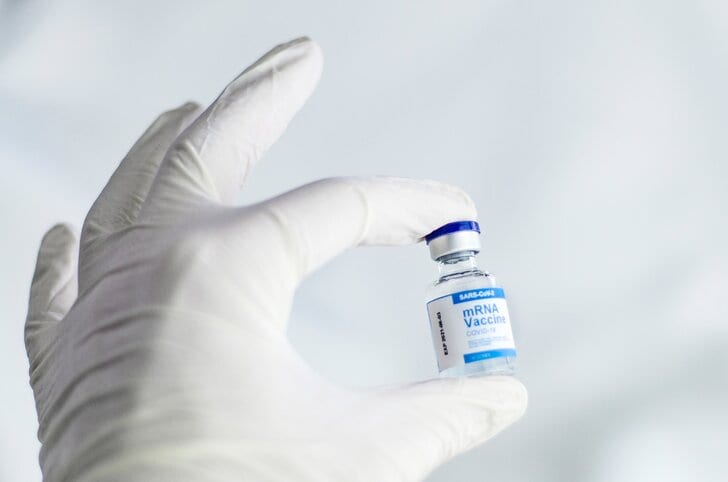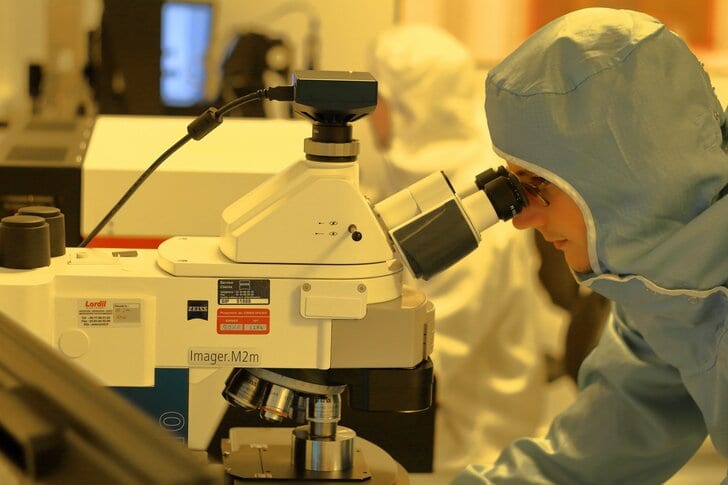If you thought the vaccine to 2019’s pandemic would be an elixir putting an end to the infection, you just might be wrong. The Centers for Disease Control and Prevention (CDC) recently found a group of people who contracted the deadly virus even after getting vaccinated. And this has raised several questions among the medical circles.

But before saying anything else, we’d like to state that this doesn’t mean you should run away from taking the shot. It still is the best strategy to combat the virus at this stage.
A look at the reports
According to reports, 5,800 people out of more than 76 million U.S. citizens contracted the virus after getting vaccinated. Among them, 396 needed hospitalizations, while 74 died eventually. Records showed that 65% of these 396 cases were women. Out of them, 29% were asymptomatic, and 40% belonged to the 60 years and above age bracket. This has proven that even though getting infected after taking the vaccine is slim, they are not nil.
If we look at history, breakthrough infections have been prevalent among all vaccines, be it for the current virus or in the cases of Varicella, Mumps, and Hepatitis B vaccines. But it’s important to note that these infections were a lot less in number than the individuals who contracted the disease without taking the vaccines.

During clinical trials, both Pfizer/BioNTech and Moderna mRNA vaccines have shown 94% to 95% effectiveness, while the Johnson & Johnson vaccine has exhibited 72% effectiveness among U.S. citizens. So far, all three of them have helped decrease the number of new cases, hospitalizations, and deaths among people. We shouldn’t lose sight of the fact that most vaccinated people didn’t contract the virus and stayed healthy.
Medical professionals clear the misconceptions
The president and CEO of Resolve to Save Lives and former CDC director, Dr. Tom Frieden, tweeted that none of the vaccines are 100% effective, but the mRNA vaccines are pretty close to hitting the homerun.
Talking about breakthrough infections, he said people shouldn’t be surprised as these infections are mild. A Ph.D. and assistant professor of biostatistics at the University of Florida, Natalie E. Dean, explained that the percentage of vaccine breakthroughs in a population depends on the vaccine’s efficacy, circulating virus amount, and length of time since vaccination.
The 33-year-old biostatistician explained that several vaccinated individuals have never been exposed to the virus, so using their data while calculating the vaccine’s efficacy won’t be right. Similarly, the number of breakthroughs in adults can’t be associated with the vaccine’s effectiveness because they were the first to get vaccinated.
Adults had the longest amount of follow-up time, so including their data in calculating the vaccine’s effectiveness is again incorrect. Another thing to worry about is the number of asymptomatic infections among vaccinated individuals. Many vaccinated people haven’t been tested for the virus, so medical professionals wouldn’t be aware even if they contracted it. That’s why we need more data to interpret the actual percentage of breakthrough cases.

The bottom line
All of this shows that getting vaccinated doesn’t guarantee that you can’t get infected with the virus. It only means that your body will be able to make antibodies faster the next time you come in contact with the virus. So we’d suggest not being totally carefree; instead, taking the necessary precautions is the still the best way forward.
